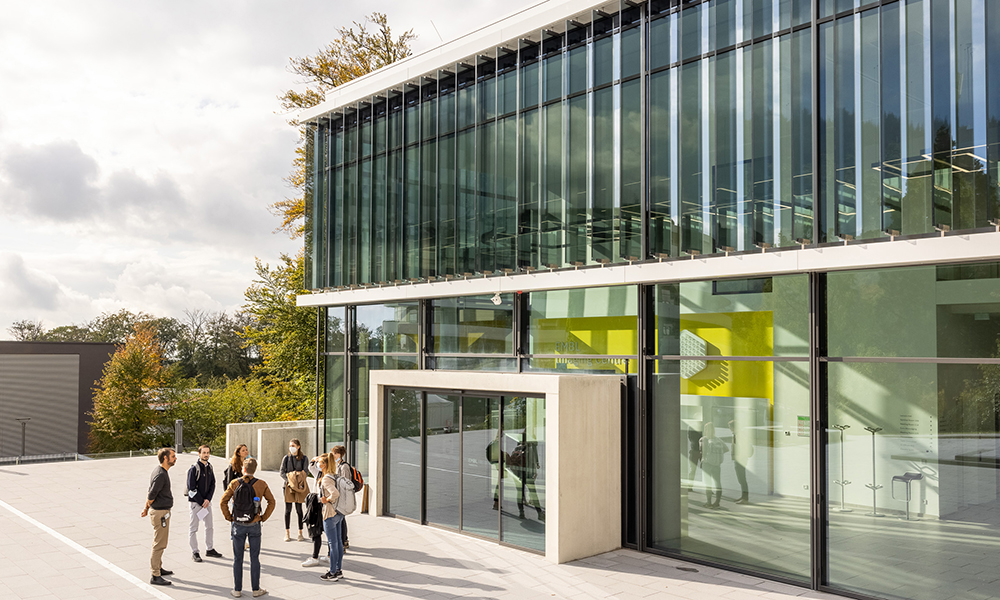
The new EMBL Imaging Centre has announced its first open user call, and new project evaluation process and training opportunities.
To offer researchers from academia and industry rapid access to the most advanced microscopy technologies available, in recent months the EMBL Imaging Centre staff have undertaken testing and equipment commissioning including internal and external user trials.
“I am delighted to announce EMBL’s new service facility for imaging is ready to offer external users high quality access and project support. All researchers interested in submitting a proposal are now invited to contact the EMBL IC team to discuss opportunities,”
Head of the EMBL Imaging Centre, Jan Ellenberg, said. Full information on contact details, technical capabilities, fees, and other access details are available on the EMBL Imaging Centre homepage.
“All user project proposals will be subject to an initial feasibility check, and then referred to two members of our international Project Evaluation Committee (PEC) for evaluation. The PEC members provide expertise across all the imaging technologies offered in the EMBL IC, and we are very grateful for their support,”Ellenberg said
The EMBL Imaging Centre has been designed as a one-stop-shop for all imaging needs. It provides users with access to a powerful and synergistic portfolio in light and electron microscopy technologies and correlative approaches, including academically developed methods not yet commercially available. The expert staff of the EMBL Imaging Centre, led by Timo Zimmerman and Simone Mattei, support users throughout the imaging process, from sample preparation to data analysis. The EMBL IC will also provide tailored training opportunities to researchers as well as imaging facility staff.
EMBL IC coordinator Stephanie Alexander said the initial round of external trial and pilot projects had been very successful, with 20 projects in preparation or ongoing, four already concluded, and acceptance of the EMBL IC’s first co-authorship paper in ACS Chemical Biology.
“These initial users are located in over ten EMBL member states, and most of their projects could be handled remotely, but some also visited in person. Users showed particularly strong interest in cryo-electron and super-resolution microscopy technologies, with samples covering different mammalian species, but also plants, bacteria and marine organisms,” she said.
Alexander said that in addition to providing external user access, the EMBL IC was preparing for its first onsite training courses and scientific conferences commencing with an undergraduate course in December, the biennial cryo-EM user symposium, and the inaugural scientific symposium planned for late spring 2022.
This article was first published on EMBL News
